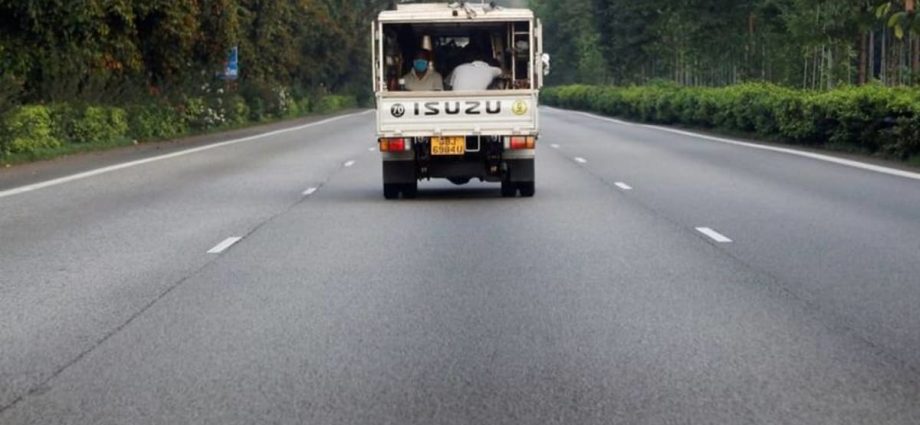
“The government recognises that it is not ideal for workers to be transported on lorries, but we also understand the genuine concerns from employers,” said the joint response.
According to the statement, employers and industry associations had shared their concerns that if the government imposes a ban, many companies will not be able to continue operating their business
“If the companies are unable to operate their business, there will be knock-on effects on society, including delays affecting new housing projects, polyclinics and MRT lines; as well as higher costs for all Singaporeans.
“Their employees – both Singaporean and migrant workers – would also risk losing their jobs if the companies close down,” it said in its release.
In recognition of the challenges and trade-offs, various ministries and agencies have also encouraged companies and industry associations to work towards alternative transport arrangements for their workers, without removing the exception under the Road Traffic Act.
The Road Traffic Act does not allow for passengers to be transported on the back of lorries, however, it makes an exception for transporting workers employed by the vehicle’s owner or if it is carrying someone injured in an emergency situation.
The government has also “worked closely with stakeholders on a suite of additional measures”, including requiring full occupancy in the front passenger cabin before using the rear for workers, fitting canopies and higher side railings on lorries transporting workers, raising licensing requirements for S-Pass and Work Permit holders to drive light goods vehicles and imposing higher penalties for non-compliance.
The safety measures had “helped to enhance safety and reduce the risk for workers” with the average number of fatalities from road traffic accidents involving people onboard lorries halving from about six per year from 2013 to 2017, to about three per year from 2018 to 2022.
Employers are also partnering with government agencies in implementing a further suite of measures to improve the safety of workers, said the joint response.
They include the need for employers to provide at least 30 minutes of rest for workers who double up as drivers and have worked at least six hours on site, designating a “vehicle buddy” for all lorries with workers in rear decks, rain cover for lorries and requiring speed limiters for all lorries exceeding a maximum laden weight (MLW) of 3,500kg.

